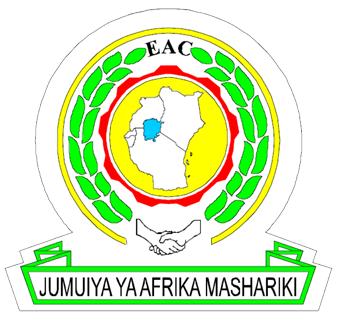East African Community Headquarters, Arusha, 20 October 2014: The European Union has confirmed that Negotiators from the EU and the East African Community (EAC) finalised on 16 October 2014 a new comprehensive Economic Partnership Agreement (EPA) between both regions.
In a press release issued on 16 October 2014, the European Commission state that the agreement will provide legal certainty for businesses and open a long-term perspective for free and unlimited access to the EU market for products from Burundi, Kenya, Rwanda, Tanzania and Uganda.
"The East African Community region stands out for its dynamism, and ambition to develop as an integrated region. The comprehensive partnership agreement we have just reached is the best way in which we can support EAC's aspirations", said EU Commissioner for Trade Karel De Gucht. "We have concluded two other development-oriented partnerships with African regions this year. It's a source of my personal satisfaction also to see East Africa benefiting from the opportunities that Europe wants to offer. I hope that these EPAs will be signed and implemented soon."
The new comprehensive EPA lays the new and stable grounds for EU-EAC trade relations. East African Community countries will now be able to focus on improving their economic performance without worrying about the potential loss of full duty-free quota-free access to the European market due to their improving status. All EAC members, least developed or more advanced, will benefit from the same predictable and uniform trade scheme.
To comply with the rules of the World Trade Organisation, the EAC countries committed to increase the share of their duty-free imports to 80% over the coming 15 years. As EAC customs union tariffs on imports are already low, absorbing the EPA is a feasible endeavour. Also, when EAC countries will be ready to grant more far-reaching concessions to the Europe's main competitors, the EU will be able to claim those same improvements. The EU and EAC have also reached a balanced outcome on export taxes.
Beyond the elimination of customs duties, the agreement covers important issues, such as free movement of goods, cooperation on customs and taxation, and trade defence instruments, which mirror the effort of the EAC to strengthen its customs union and to set up an effective internal market. This is the EU's most tangible contribution to support the regional objectives of the EAC.
The agreement, initialled today by all negotiators, is now going to be presented for approval according to the domestic procedures of each partner.
Background
The Eastern African Community (EAC) consists of Burundi, Kenya, Rwanda, Tanzania and Uganda. All EAC members, with the exception of Kenya, are least developed countries according to the UN classification. The current development prospects indicate however they may be successful in leaving this group in a relatively near future.
The geographically and economically homogeneous group is strongly committed to regional integration, with an ultimate goal of becoming a federation. The EAC established a common external tariff in 2005, removed customs duties in intra-regional trade, ratified a common market protocol as of 2010 and most recently took steps towards achievement of a far-reaching monetary union.
In 2007, the East African Community finalised a framework agreement on tariff elimination, which became a basis for the comprehensive Economic Partnership Agreement, initialled today.
In 2013, total trade between the EU and the East African Community amounted to €5.8 billion. The EU imports from the EAC are worth €2.2 billion and consist mostly of coffee, cut flowers, tea, tobacco, fish and vegetables. Exports from the EU into the EAC, mainly machinery and mechanical appliances, equipment and parts, vehicles and pharmaceutical products, amount to €3.5 billion.

.jpg)

.jpg)



0 comments:
Post a Comment